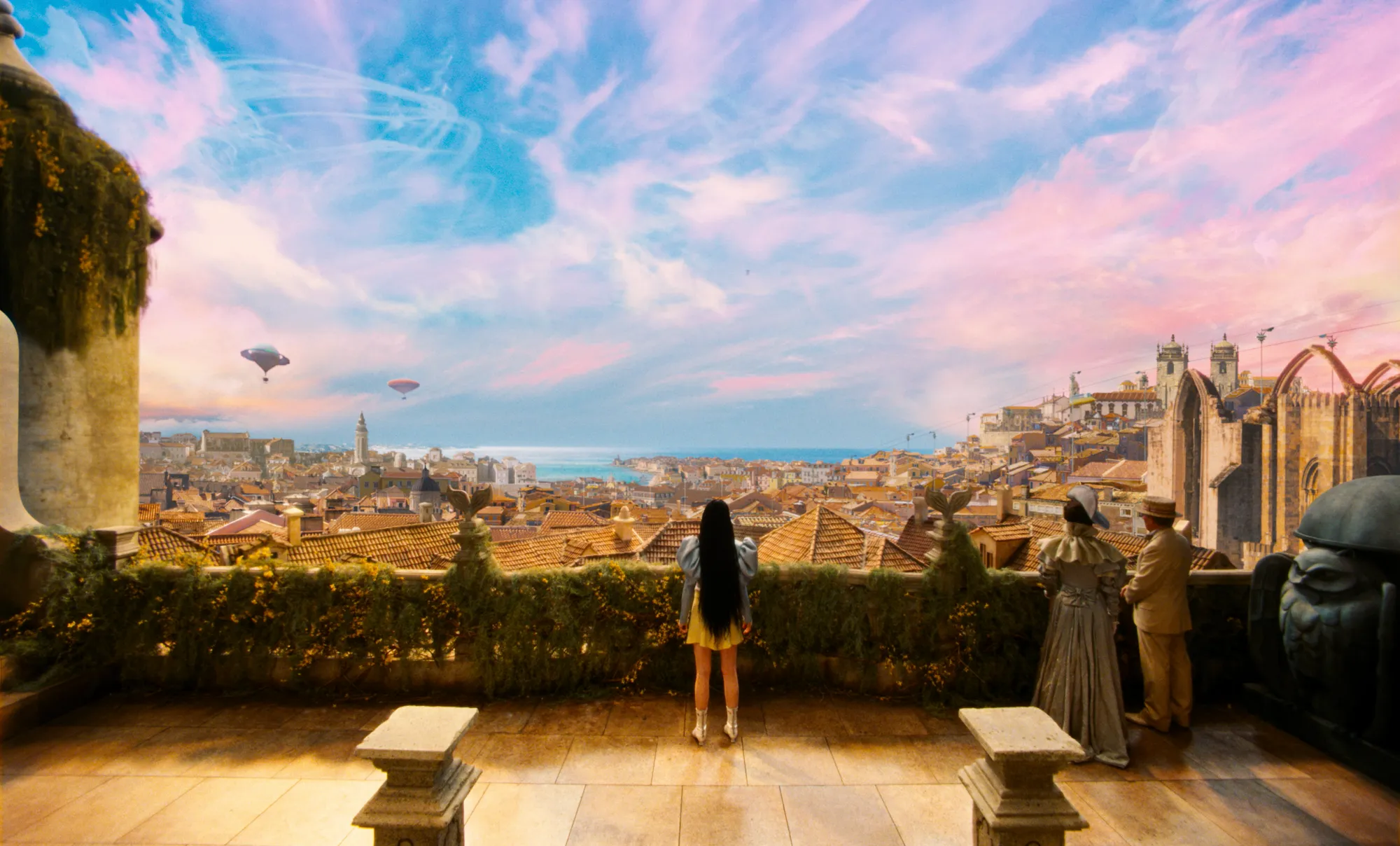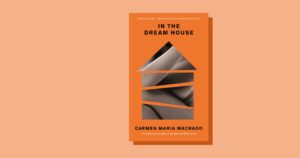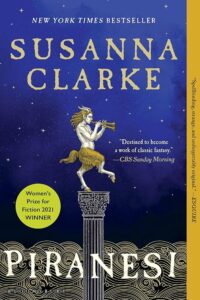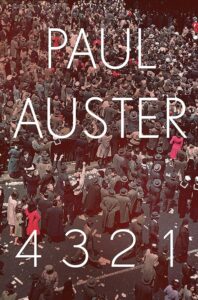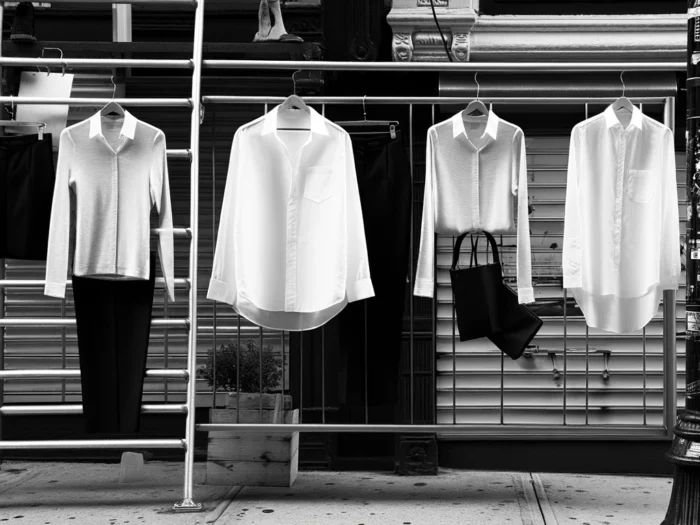Poor Things, directed by Yorgos Lanthimos and based on Alasdair Gray’s novel, is a cinematic experience that deeply resonates with its viewers, offering a rich tapestry of themes and emotions. Set against the backdrop of Victorian London, the film presents a unique narrative that delves into the complexities of human nature, eccentricity, and identity.
At the heart of this narrative is Bella Baxter, portrayed with remarkable depth and nuance by Emma Stone. Bella’s journey from a childlike state of innocence to a fully realized, independent woman forms the central arc of the story. Stone’s performance is nothing short of spectacular, showcasing her immense range as an actor. She captures Bella’s evolution with such precision and authenticity that it becomes the driving force of the film.
Willem Dafoe’s portrayal of Dr. Godwin Baxter, Bella’s father figure, adds another layer to the film’s intricate narrative. Dafoe brings a gentle presence to his character, juxtaposing his scarred visage with a subtle underlying warmth. This complex characterization enhances the film’s exploration of the relationships that shape Bella’s journey.
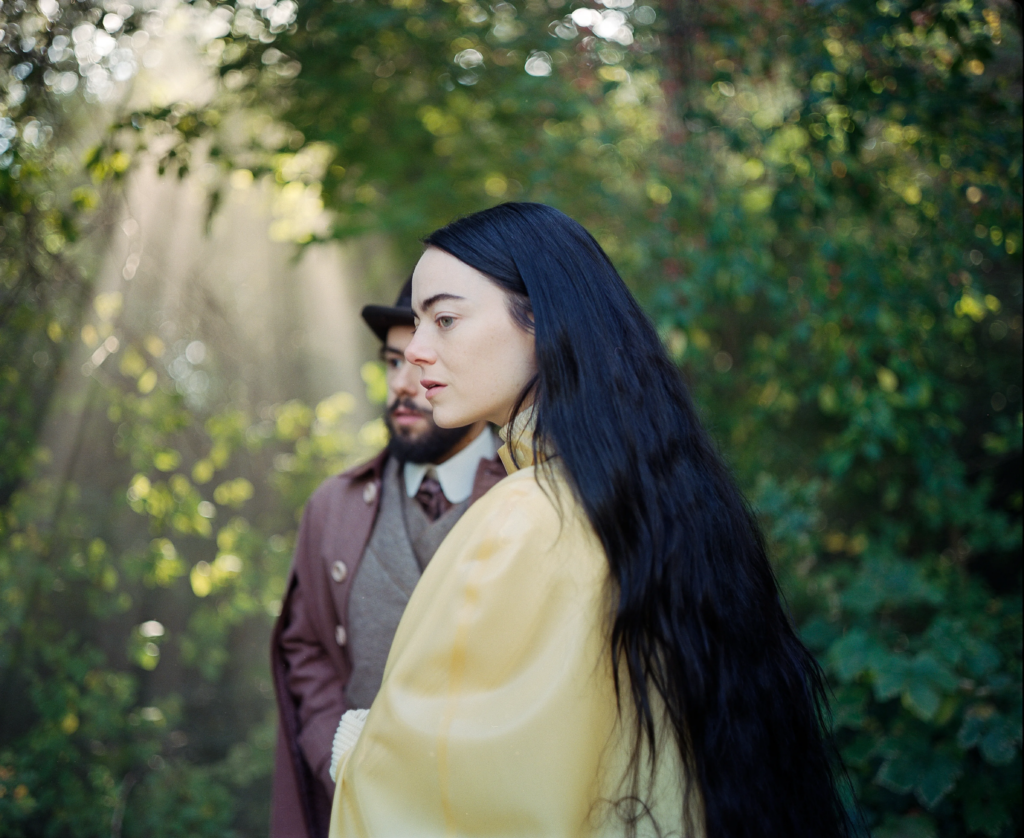
The film’s setting in a tastefully adorned townhouse and the inclusion of characters such as Max McCandles and Duncan Wedderburn, played by Ramy Youssef and Mark Ruffalo respectively, introduce a dynamic range of interactions for Bella. These characters, each with their distinct motivations and personalities, contribute to Bella’s growth and the film’s exploration of patriarchal influence and control.
Lanthimos’ direction is masterful, seamlessly blending the bizarre with the mundane to create a narrative that is constantly engaging and surprising. The film is imbued with Lanthimos’ signature style, marked by a keen eye for detail and a penchant for depicting extreme behavior within pristine settings. This juxtaposition of decorum and the messy truth of humanity is what makes Poor Things both entertaining and thought-provoking.
The film’s narrative structure is particularly ingenious, reflecting Bella’s psychological and emotional state. The screenplay, adapted by Tony McNamara, is meticulously crafted, with dialogue that evolves in rhythm and complexity as Bella’s character develops. This linguistic transformation mirrors Bella’s journey towards intellectualism and self-awareness, adding depth to her character and the overall narrative.
Robbie Ryan’s cinematography is another standout aspect of Poor Things. The visual transition from grainy black and white to vibrant color is a metaphor for Bella’s growth and transformation. This evolution in the film’s visual language is not just a stylistic choice but a narrative tool that enhances the storytelling. The cinematography, with its varied textures and hues, creates a visually stunning backdrop that complements the film’s thematic richness.
The costume design by Holly Waddington is a visual narrative in itself, telling Bella’s story through clothing. The evolution from simple nightgowns to more elaborate dresses mirrors Bella’s own personal growth and changing circumstances. Similarly, the production design by Shona Heath and James Price contributes significantly to the film’s historical authenticity and visual appeal. Each setting, whether it’s Godwin’s house or a Parisian brothel, is imaginatively reinvented, providing a fresh perspective on familiar historical imagery.
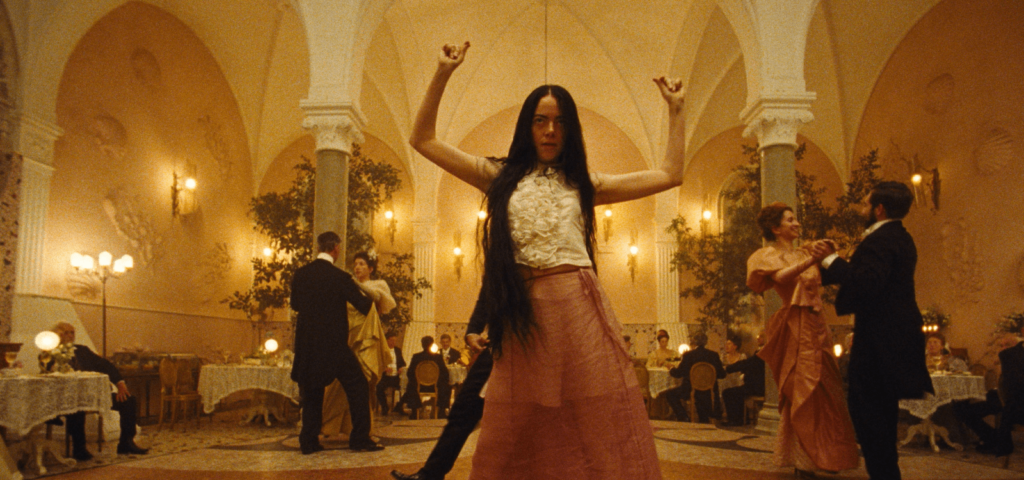
At the core of Poor Things is Bella’s character, who remains the film’s focal point throughout. Her kind and optimistic nature, coupled with her newfound assertiveness, makes her a character that audiences can both empathize with and root for. Bella’s journey is a representation of the human quest for identity and autonomy, set against the backdrop of a society marked by patriarchal constraints.
In creating this grandiose world, Lanthimos and his team have crafted a film that is as technically exquisite as it is emotionally compelling. The attention to detail in every aspect of the film’s production elevates it beyond a mere cinematic experience to a profound exploration of the human condition.
In summary, Poor Things is not just a film; it’s a narrative masterpiece that explores the depths of human identity and the complexities of personal relationships. It’s a film that challenges viewers with its unconventional storytelling, technical brilliance, and strong performances. Lanthimos has once again demonstrated his unique vision, creating a film that is both intellectually stimulating and emotionally resonant.
